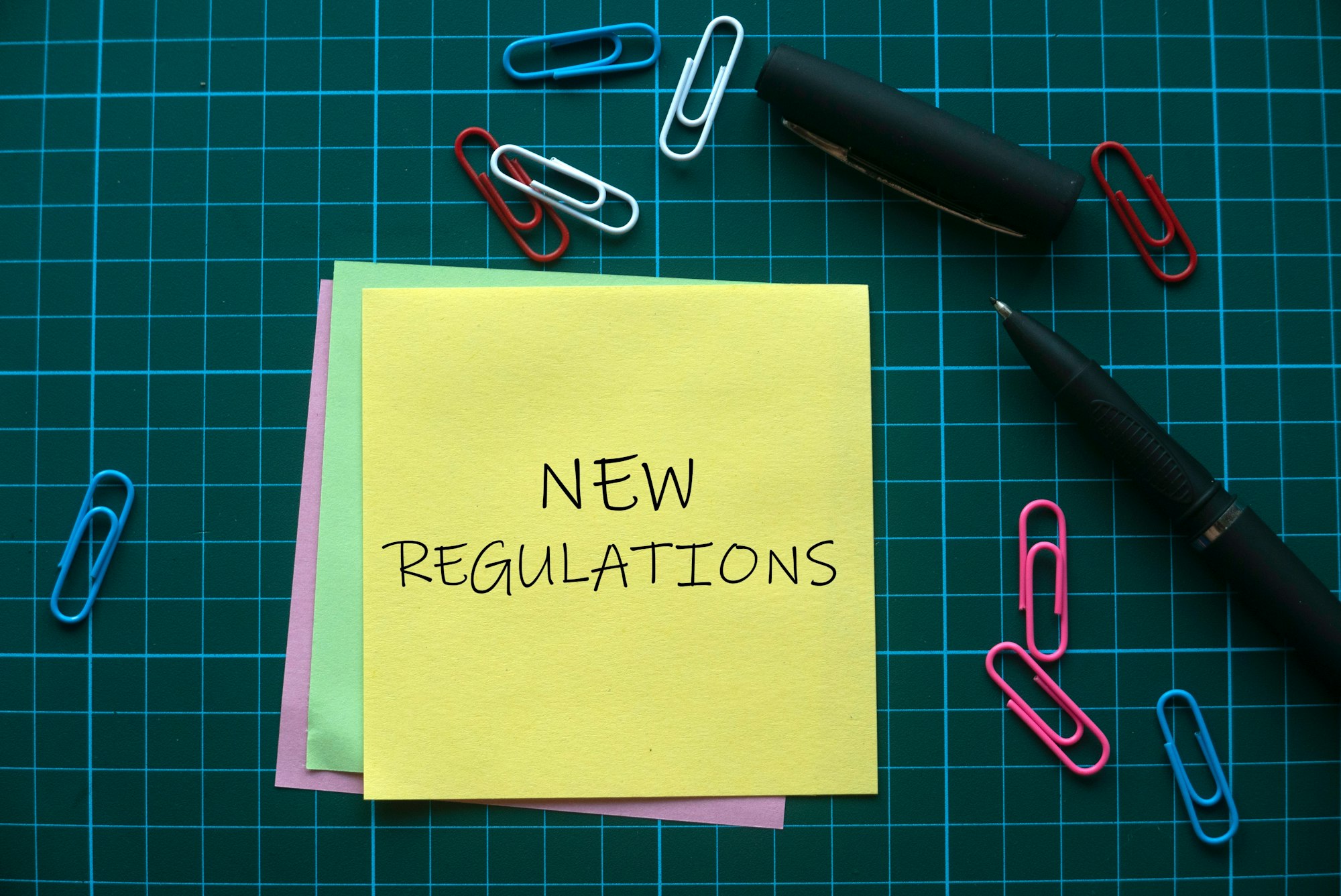The Federal Communications Commission (FCC) dockets often serve as a platform for industry stakeholders—telecom companies, consumer advocacy groups, and legal representatives—to voice opinions and shape regulatory policies. Recently, however, the FCC’s data cap docket has attracted an unusual amount of public attention, drawing individual users of telecom services into the regulatory discussion. While not quite reaching the historic engagement seen during the FCC’s net neutrality proceedings, which amassed millions of comments, the data cap docket has become one of the most active on the agency’s agenda over the past 30 days.
This surge in public interest indicates growing consumer frustration with data caps and limitations imposed by Internet service providers (ISPs). Many Americans rely heavily on internet access for work, education, healthcare, and social connections. With data caps in place, users can face unexpected fees or service slowdowns once they reach certain usage thresholds. The docket has provided consumers a venue to express these frustrations directly to the FCC, spotlighting the broader impact of data caps on households nationwide.
The Debate Over Data Caps: Consumer Impact and Industry Arguments
Data caps, imposed by ISPs to limit the amount of data a customer can use before additional fees or reduced speeds take effect, have long been a point of contention between telecom companies and consumer rights advocates. Telecom companies argue that data caps are necessary to manage network congestion, particularly as demand for internet services grows. With video streaming, remote work, and online gaming requiring significant bandwidth, ISPs say that caps help them maintain quality of service across their networks.
FCC’s Role and Public Response
The FCC has historically taken an evolving stance on data caps, often balancing industry concerns with consumer protection. Under Chairman Jessica Rosenworcel, the FCC has focused on expanding broadband access and reducing digital inequality. While the Commission has not yet made any formal moves to regulate data caps, the ongoing docket has created an avenue for individual consumers to voice their experiences, bringing a human element to the discussion often dominated by corporate filings.
“For most people in the United States, rationing their internet usage would be unthinkable and impractical,” FCC Chairwoman Jessica Rosenworcel said in the press release. “Restricting consumers’ data can cut off small businesses from their customers, slap fees on low-income families, and prevent people with disabilities from using the tools they rely on to communicate.”
A recent analysis of the data cap docket reveals that public comments essentially center on affordability and access issues. Many individual comments cite instances of exceeding their data caps during remote work or schooling and express frustration over unexpected fees or throttling. “We shouldn’t have to choose between keeping our jobs or helping our children learn because we ran out of data,” wrote one commenter, underscoring how data limits can affect essential activities. Others have pointed to the difficulty of switching providers in areas where a single ISP has a monopoly on service, leaving customers with no alternative to avoid data caps.
The Push for Transparency and Accountability
“Data caps, especially by providers in markets with no competition, are nothing more than an arbitrary money grab by greedy corporations. They limit and stifle innovation, cause undue stress, and are unnecessary,” wrote Lucas Landreth.
“Data caps are as outmoded as long-distance telephone fees,” wrote Joseph Wilkicki. “At every turn, telecommunications companies seek to extract more customer revenue for a service that has rapidly become essential to modern life.” Pointing to taxpayer subsidies provided to ISPs, Wilkicki wrote that large telecoms “have sought every opportunity to take those funds and not provide the expected broadband rollout that we paid for.”
In addition to advocating for more transparent policies, these groups have encouraged the FCC to consider whether data caps align with its mandate to promote affordable broadband access. With internet usage surging in recent years due to the COVID-19 pandemic, the question of whether data caps hinder essential access has become increasingly relevant. A study from the Pew Research Center shows that internet usage in American households rose sharply between 2020 and 2023, with data-intensive activities like video conferencing and online learning becoming routine.
FCC’s Potential Actions
As the FCC reviews the docket and considers public input, the agency may consider several regulatory pathways. One option would require ISPs to disclose more detailed information about their data cap policies, including the rationale for their limits and any variances based on network conditions. This approach could promote transparency without directly regulating data caps, providing consumers with a clearer understanding of the services they’re paying for.
Another possible direction is establishing consumer protections that prevent ISPs from imposing punitive fees or throttling essential services, particularly for customers with limited options for switching providers. Finally, some advocates call for the FCC to go further, outright prohibiting data caps or setting a minimum standard of unlimited data access for essential activities such as education and healthcare.
Although the FCC’s next steps remain uncertain, the high level of engagement in the data cap docket indicates a growing awareness among consumers about their rights to internet access. The agency’s decision will likely set a precedent for approaching other consumer protection issues in the telecom sector.
The FCC’s data cap docket is currently one of the most active proceedings on the agency’s agenda, a testament to rising public concern over internet access and affordability. While the docket has yet to see the millions of comments generated by the net neutrality debate, it has already attracted thousands of filings from individuals who feel personally affected by data limits. As consumer advocates, industry representatives, and everyday Americans await the FCC’s response, the proceeding is shaping up to be a critical test of the Commission’s commitment to fair and accessible internet policies.




